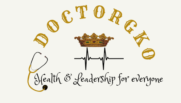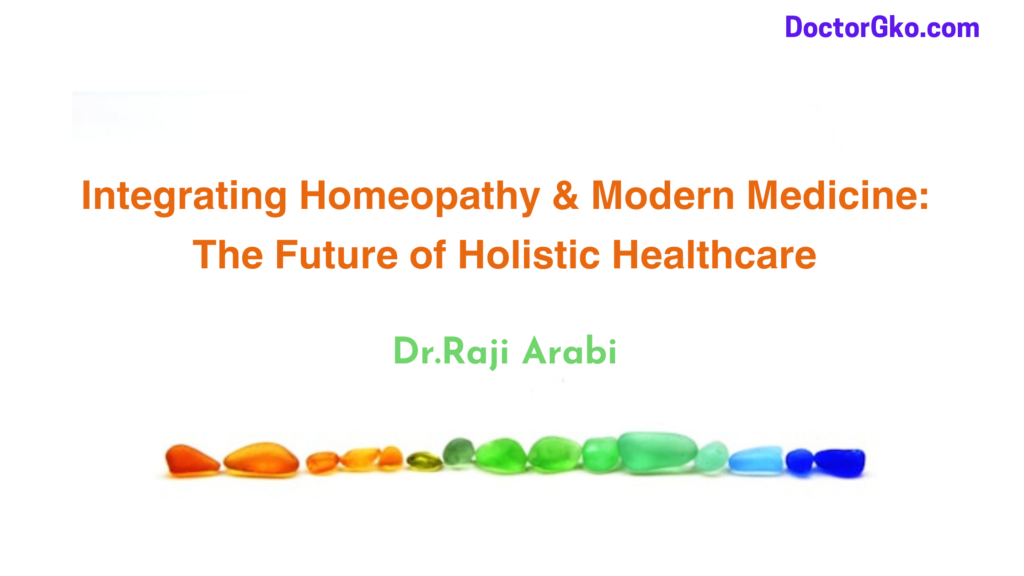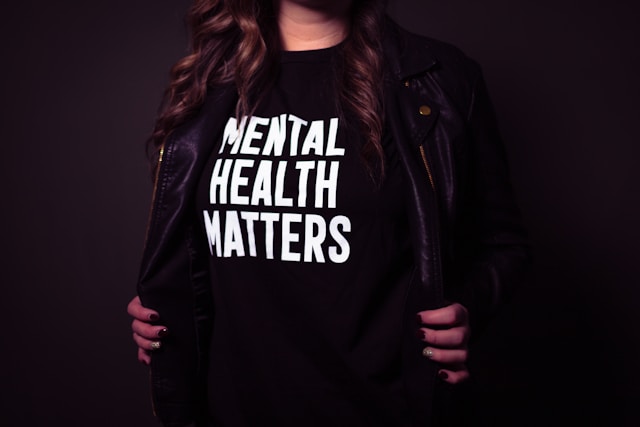Integrating Homeopathy & Modern Medicine: The Future of Holistic Healthcare
Introduction
In today’s rapidly evolving healthcare landscape, the integration of Homeopathy with modern medicine is gaining momentum as more people seek holistic, patient-centered treatments. While modern medicine excels in diagnostics, emergency care, and surgical interventions, Homeopathy offers gentle, individualized treatment with minimal side effects. The synergy of these two systems has the potential to revolutionize healthcare by providing safe, effective, and personalized treatments.
In this article, we explore how Integrating Homeopathy & Modern Medicine can create a comprehensive healthcare system, benefiting both patients and practitioners.
Understanding Homeopathy and Modern Medicine
What is Homeopathy?
Homeopathy is a natural, holistic healing system based on the principle of “like cures like” and the use of highly diluted substances to stimulate the body’s natural healing ability. Developed over 200 years ago by Dr. Samuel Hahnemann, Homeopathy focuses on treating the root cause rather than just alleviating symptoms.
What is Modern Medicine?
Modern medicine, also known as Allopathy or conventional medicine, relies on evidence-based approaches, pharmaceuticals, and surgical procedures. It is highly effective in acute and emergency conditions, making it the dominant healthcare system worldwide.
Homeopathy is a Holistic & individualized treatment with no dangerous side effects, treating the root cause of the disease.
Rather than seeing Homeopathy and modern medicine as competing systems, Integrating Homeopathy & Modern Medicine can lead to optimal healthcare outcomes.
The Need for Integrative Medicine
With the increasing prevalence of chronic diseases, autoimmune disorders, and lifestyle-related conditions, modern medicine alone often falls short of providing long-term solutions.
Many patients are seeking complementary therapies like Homeopathy to manage conditions such as:
- Chronic pain (arthritis, migraines, fibromyalgia)
- Autoimmune diseases (lupus, multiple sclerosis, psoriasis)
- Allergies and respiratory issues (Asthma, sinusitis)
- Digestive disorders (IBS, gastritis, acid reflux)
- Mental health conditions (Anxiety, Depression, insomnia)
Integrative medicine, which combines the best of both worlds, provides a more holistic, patient-centered approach that enhances overall well-being.
How Homeopathy Complements Modern Medicine
Managing Chronic Diseases Without Side Effects
Modern medicine often relies on long-term medication use, leading to potential side effects and dependency. Homeopathy provides a natural, side-effect-free alternative that helps manage chronic conditions effectively.
For example:
- Diabetes: While modern medicine uses insulin and oral drugs, Homeopathy can help improve insulin sensitivity and reduce dependency on medication over time.
- Hypertension: Homeopathy helps regulate blood pressure naturally, while modern medicine provides immediate stabilization in emergencies.
Enhancing Post-Surgical Recovery
Post-surgical care often involves pain management, wound healing, and reducing inflammation. Homeopathic remedies like Arnica Montana, Calendula, and Hypericum aid in faster healing, reduced pain, and minimized scarring.
Strengthening Immunity and Preventive Healthcare
While vaccines and antibiotics play a key role in disease prevention, Homeopathy offers immune-boosting remedies that enhance the body’s natural defense mechanisms. It is particularly effective in preventing recurrent infections like sinusitis, tonsillitis, and urinary tract infections.
Reducing Drug Dependency and Side Effects
Many patients suffer from the adverse effects of pharmaceutical drugs, including nausea, dizziness, and liver toxicity. Homeopathy helps in:
- Reducing dependency on painkillers and antidepressants
- Managing withdrawal symptoms from long-term drug use
- Detoxifying the body from medication residues
Providing Emotional and Mental Well-Being
While psychiatric medications offer symptom relief, they often come with side effects like drowsiness and dependency. Homeopathy provides gentle yet effective treatment for conditions such as:
- Anxiety (Aconitum, Arsenicum Album)
- Depression (Ignatia, Natrum Muriaticum)
- Insomnia (Coffea Cruda, Passiflora)
The remedy mentioned here is not the treatment for that particular disease. Homeopathic treatment is purely based on individuality and the above-mentioned medicine is one of the top remedies that is helpful in treating patients who are having Anxiety, Depression & Insomnia.
How to Integrate Homeopathy with Modern Medicine
Collaborative Approach Between Practitioners
- Encourage cooperation between Homeopathic and modern medical doctors
- Develop integrative treatment plans based on patient needs
- Educate medical professionals on the scientific basis of Homeopathy
Patient-Centered Care
- Assess patients holistically, considering physical, mental, and emotional health
- Offer Homeopathic remedies alongside modern treatments for optimal recovery
- Monitor and adjust treatment plans based on patient response
Establishing Research & Clinical Trials
- Conduct evidence-based research to validate Homeopathy’s effectiveness
- Integrate homeopathy in Hospital settings for pain management, post-surgical care, and chronic diseases.
- Educating Patients on Safe Integration
- Inform patients about safe combinations of Homeopathy and modern medicine
- Warn against self-medication and encourage professional consultation
Success Stories: Real-Life Examples
Cancer Support Therapy
- Many cancer patients use Homeopathy alongside chemotherapy to manage nausea, fatigue, and emotional distress.
Post-COVID Recovery
- Homeopathy played a significant role in managing post-viral fatigue, brain fog, and respiratory issues in COVID-19 survivors.
Children’s Health
- Parents are increasingly combining Homeopathy with vaccinations to manage fever, allergies, and gut health in children.
Future of Integrative Medicine
The global shift towards holistic healthcare is encouraging more medical institutions to recognize homeopathy as a valuable complementary therapy. The future of healthcare lies in:
- Expanding integrative medicine departments in hospitals
- Increased scientific validation of Homeopathic treatments
- Greater acceptance among medical professionals and policymakers
Conclusion
Integrating Homeopathy & Modern Medicine creates a powerful, patient-centered healthcare model that combines modern science with natural healing. Rather than competing, these two systems should work hand in hand to provide safe, effective, and Holistic treatments for a healthier future.
By fostering collaboration, research, and patient education, we can harness the best of both worlds to improve healthcare outcomes for millions globally.
Are you ready to explore integrative medicine?
If you’re a patient or healthcare provider interested in integrating homeopathy into modern treatment, consult a qualified Homeopath and medical doctor to develop a personalized treatment plan!
Early Warning Signs of Mental Health Issues: Symptoms You Shouldn’t Ignore Mental health is an integral part of overall well-being, yet it …
How to Deal with Angry People Dealing with angry people can be challenging, whether it’s a customer, a coworker, or even a …
Homoeopathy for Pica and Dental Caries - Case discussion
Allostasis overload is the reason for your illness. How & What to do?
Share this post: on Twitter on Facebook on LinkedIn




